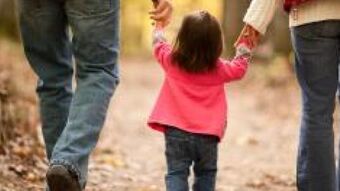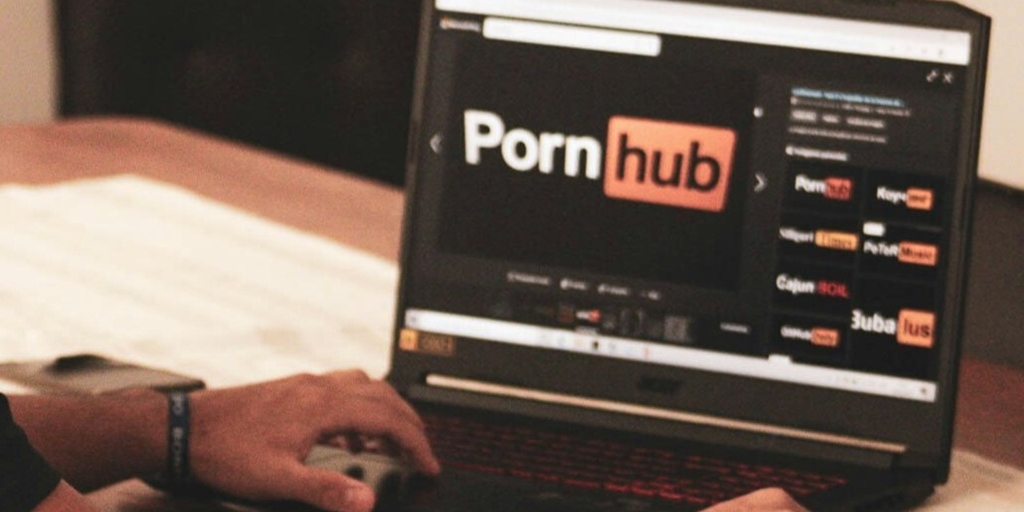BLOG: Are we doing enough to protect children online?
Online Safety
Children are precious. Childhood is precious.
Children bring such happiness into our lives. Their innocence and joy overflows as they explore and discover the world around them. To paraphrase Chesterton, ‘children are in spirit fierce and free.’
Jesus had a special heart for children, welcoming them and even saying that ‘the kingdom of heaven belongs to such as these.’ (Matthew 19:14) His love for children helps us to see how truly valuable they are.
Childhood is to be nurtured and to grow, to fall down and to be lifted back up by someone who loves. Childhood is to be protected.
Yet as we move further into the 21st century we must notice that childhood has radically changed. On top of the worlds of family, school and friends we have added the digital world. Children must learn to navigate and engage with this world, yet far too often they are not prepared for this mammoth task.
More importantly this world has not been designed with children in mind. As Baroness Kidron noted at a recent debate in the House of Lords:
“We [have] invented a technology that assumes that all users are equal when, in fact… a fifth of users in the UK are children.”
The digital environment that children are so often immersed in does not recognise the simple but vital fact that they are children.
In the online world all users are created equal. There is not a ‘kids version’ of the internet. Children are expected to live in an adult online world and yet nowhere else in life do we expect them to act like or be treated like adults.
Children are innocent and vulnerable and therefore we adapt the environments they are in, ensuring that as a society we always have children’s best interests in mind. We put age limits on harmful substances such as alcohol and tobacco. We give films ratings based on what is suitable at different ages. We do not expect children to work but give them a comprehensive education.
All these things are important because we acknowledge that children are not adults. As Baroness Kidron argued, a child ‘does not, and should not be expected to, have the maturity to meet the social, sexual, political and commercial currency of the adult world.”
Yet we have allowed an online world to be created that erodes the privileges and protections of childhood. Children are more likely to find explicit material accidentally online than to specifically seek it out. Fifty-five thousand children in this country are classified as problem gamblers. The number of young people being cyberbullied at age 15 is almost double that at age 11, with girls more than twice as likely as boys to report being a victim.
CARE has worked for a number of years to see the sanctity of the family and the innocence of childhood protected online, advocating the equipping, encouragement and education of families. We aim to encourage the Government to safeguard children and make the digital world one where children are treated as children.
As we continue to grapple with the challenges that this new online world presents, we would do well to listen to Baroness Kidron’s call that “A child is a child until they reach maturity, not until the moment they reach for their smartphone.”

Jonathan Williams is CARE’s Family Policy Officer





Share story
BLOG: Are we doing enough to protect children online?